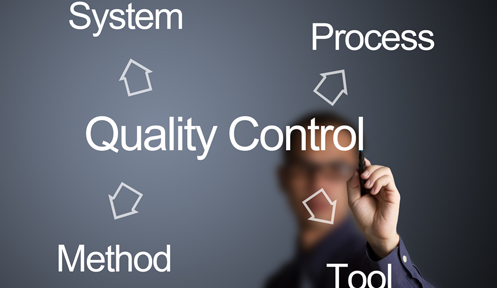
Some of our Most Popular Curriculums Available:
College Readiness
Increasingly, a high school diploma is not enough to prepare students for college and career success. How do we know when a student is college ready, and how do we use that information to design effective supports and interventions?
Community Engagement
Family and community engagement is a proven strategy for raising student achievement and strengthening schools. Organizing groups in communities that have been poorly served by education systems are constructing real improvements.
Free Minds, Free People: Education for a Just, Multiracial Future
A platform to raise up various voices and perspectives on what it means to engage in education for liberation, and what it means to free minds and free people. The session empowers personal development by looking within.
Empowering Young People to Be Critical Thinkers
Understanding of heritage, indigenous ways to transform the lives of students and participants.
Vehicle of Change: One Voice One Solution
An innovative community engagement process in the gateway cities of Los Angeles led to an education platform that reflected both the priorities of the community and research on best practices.
Mobilizing the Gateway Communities of Los Angeles for Educational Justice
Effort led by community organizers, youth, and a range of partners results in successful platforms to share the power of grassroots mobilization for social justice through wellness.
The Neighborhoods Movement: Creating Communities of Opportunity from Cradle to Career
The setting of clear goals for collective impact and making sure local efforts get needed support can result in sustainable systemic change in low-income communities.
Supporting Families and Developing Parent Advocates and Leaders among the Immigrant Community
A community organization provides integrated services to immigrant families, grounded in their culture and language, to help parents build on their strengths and support the family’s education, health, and social needs.
Youth Organizing
In communities around the nation, youth organizing groups have become outspoken, effective, and powerful partners in school reform.
Equity
Public education today remains highly inequitable; some children have far more opportunities and resources than others. And those with the fewest opportunities and resources tend to be children of color.
Non-cognitive Learning Non-cognitive Skills
Academic content knowledge alone, commonly measured by grades and standardized tests, is not enough for student success. Tenacity – a student’s underlying beliefs and attitudes, along with skills like self-discipline and other non-cognitive skills – is just as crucial to high achievement.
Partnerships
Educational improvement at scale requires broad-based alliances made up of parents, teachers unions, civil rights organizations, municipal and state agencies, youth leaders, community-based organizations, research institutes, funders, and higher education.
Smart Education Systems
Addressing persistent achievement gaps and developing sustainable education reform at scale requires the commitment, efforts, and investment of an entire community. In a “smart education system,” districts and communities work together to provide a comprehensive opportunities and supports to young people in and out of school.







